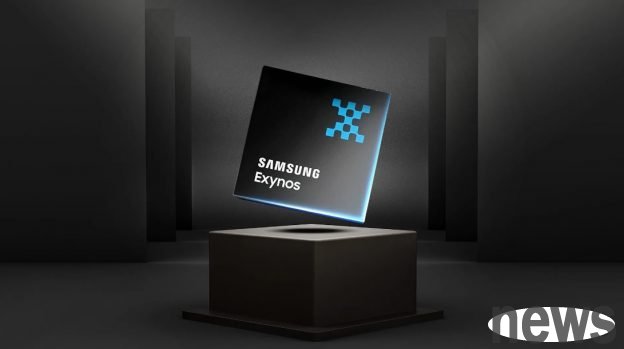
Despite external rumors, South Korea’s Samsung has begun mass production of the Exynos 2600 SoC for its upcoming Galaxy S26 series of smartphones. However, a new report sheds light on the initial production status of the Exynos 2600, stating that initial wafer production is only 15,000 wafers per month. Moreover, because this number is low, an industry source bluntly stated that the yield rate of the 2-nanometer GAA process technology used in the evaluation is 60%, which makes the production of Exynos 2600 SoC immature and not suitable for use in all flagship models.
Wccftech reported that the latest market data shows that the yield rate of Exynos 2600 in Samsung’s 2nm GAA process is 50%. Although Samsung has set its yield target at 70%, given the current initial wafer quantity, Exynos 2600 is expected to be equipped in only 30% of Galaxy S26 shipments. This is a significant difference from previous claims that the Exynos 2600 will account for half of Galaxy S26 shipments. Therefore, the industry generally believes that due to the capacity constraints of the Exynos 2600, the Snapdragon 8 Elite Gen 5 chip will most likely serve as the main SoC of the Galaxy S26 series.
Despite yield challenges, Samsung claimed that early test results from internal tests showed that the Exynos 2600 performed well, surpassing competitors such as the A19 Pro and Snapdragon 8 Elite Gen 5 in some performances, and even showed up to a six-fold advantage in artificial intelligence (AI) performance. However, the current low yield is still a consideration for customers when placing orders. Qualcomm is still evaluating the use of Samsung's 2nm GAA process for the Snapdragon 8 Elite Gen 5, but it may suspend orders because the yield performance has not yet met expectations.
In addition, Samsung’s 2nm GAA node progress is indeed not as ideal as previously expected. Samsung is planning to use the same 2nm GAA process for trial production of Tesla AI6. A company representative confirmed that the goal for AI6 is to increase the yield rate to 50% before trial production. Despite the poor initial yield, Korean semiconductor market participants emphasized that both Exynos 2600 and AI6 will be important reference benchmarks that will help Samsung win orders from key customers such as Qualcomm in the future.